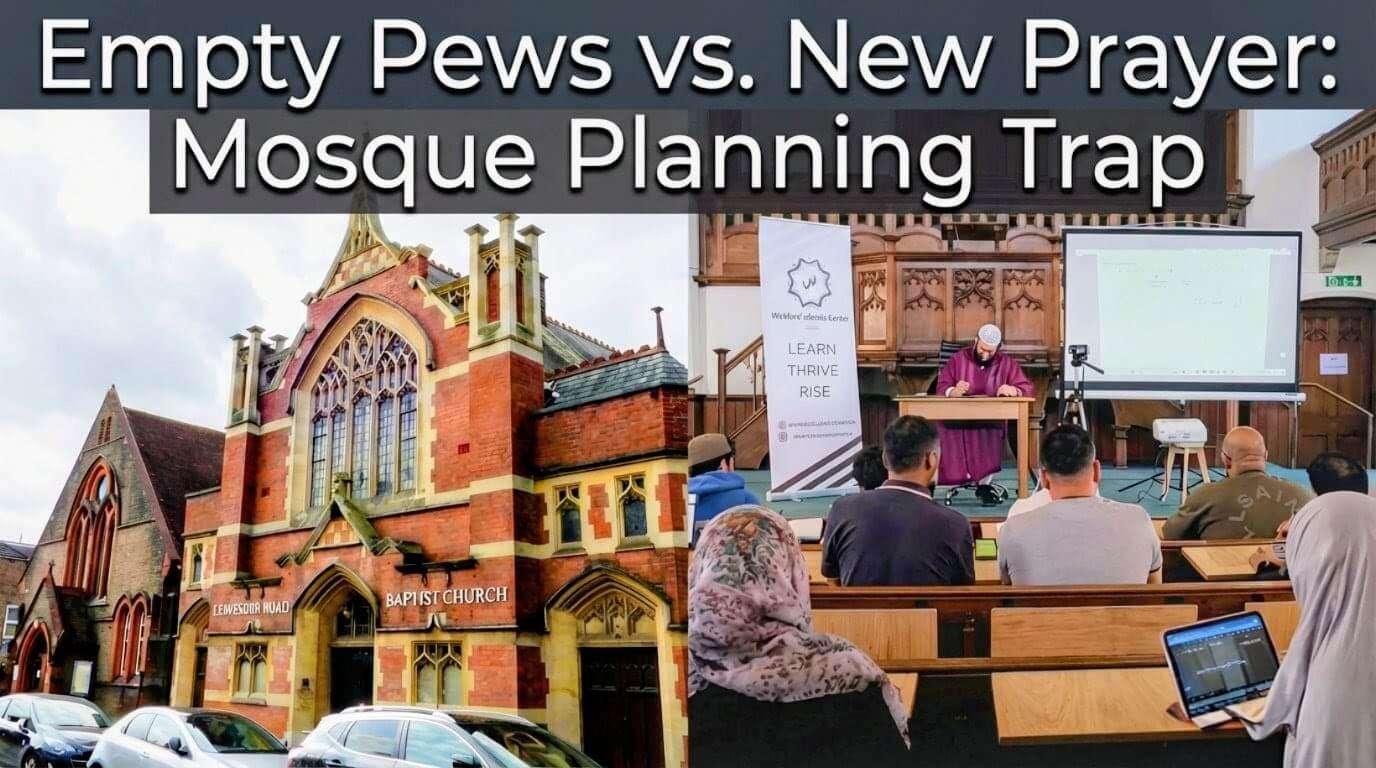Once synonymous with a quiet, dependable charm, a sense of community, and achievable stability, the United Kingdom today presents a starkly different picture. The subtle magic that once drew people to its cobbled streets and proud local towns is seemingly dissolving into a harsh reality of soaring costs, stretched public services, and deep social fracture. This comprehensive analysis dives into the structural reasons behind the nation’s shifting landscape, exploring the root causes and posing a challenging question for those with international options.
The Erosion of Financial Stability
The most immediate and palpable change is the sky-high cost of living, which has shattered the comfort and modest stability that defined British life for decades. What was once a nation where a simple, honest income could allow a worker to thrive is now a place where even full-time employment can feel like a relentless struggle for survival. Prices for essential items—groceries, energy, and rent—have drastically outpaced stagnant wages, turning daily life into a fragile balancing act where necessities often feel like luxuries. People are forced to work longer, budget more strictly, and still cut corners, chipping away at the foundation of a decent life.
This financial instability is compounded by an unrelenting housing crisis. Owning a modest home, once a realistic goal achievable through hard work and disciplined saving, is now painfully out of reach for a generation. House prices and rents are at record highs, consuming a major portion of most paycheques. First-time buyers face astronomical deposit requirements and punishing bidding wars. Even renting offers no security, with landlords consistently raising prices, trapping a significant portion of the population in a constant state of housing limbo. The dream of homeownership, once a potent symbol of British success, has become an exclusive privilege.
Crumbling Public Services and Deepening Divisions
Beyond personal finances, the bedrock of British society—its public services—is visibly cracking. The National Health Service (NHS), once an accomplishment of universal and reliable care, is now under immense, almost crippling pressure. Chronic underfunding, severe staff burnout, overcrowded hospitals, and extremely long waiting lists mean the NHS no longer offers the dependable service it once did. The sense of security derived from reliable healthcare is vanishing.
The malaise is further amplified by a profound political and social division. The country feels more fractured than ever, with communities and even families divided by fiercely held, polarised views. Political parties are frequently accused of slanging each other off while ignoring the real issues facing the country, creating an electorate that feels it has no genuine choice and no one truly dedicated to solving national problems. This political ineptitude and rising polarisation leave many citizens feeling disconnected and profoundly alone, a stark contrast to the quiet sense of unity and pride that once prevailed. Some commentators attribute this decline to 'late stage capitalism,' arguing that systemic change is needed, such as taxing wealth over work, proper regulation, and returning public services to public ownership, to reverse the trend of universal impoverishment. Others trace the rot back further, pinpointing moments just before the millennium, with successive Labour and Conservative governments accused of negligence and mismanagement.
The Vanishing Character of Britain
The physical and emotional landscape of Britain reflects this deeper decline. Opportunities for young people are shrinking, with rising education costs, stiff job competition, and wages that fail to match the cost of life making financial stability and career growth significantly harder than ever before. Simultaneously, the unique character of town centres is diminishing. Independent shops and family-run businesses, the core of local identity and charm, are closing down, replaced by generic chain stores or left as empty units. Even access to nature feels less accessible, with green spaces shrinking and popular areas becoming overcrowded. The simple, peaceful pleasures of British life are now harder to find and enjoy.
The Repatriation Dilemma: A Comparative Analysis
In light of these struggles, a critical question arises for a specific demographic: Is the British passport still the superior asset it once was for those with strong ties to developing economies?
Consider the scenario of a British passport holder with no property or business in the UK, but with a family house, a car, and £100,000 in savings in their ancestral home, such as Bangladesh or India. For this individual, the comparison pivots entirely on the quality of life that money can buy in each location.
In the UK, £100,000 provides a minimal down payment for a home or a brief respite from the high cost of living, offering little in the way of long-term financial security against an unrelenting economic squeeze. In contrast, in a country like India or Bangladesh, this sum represents a substantial, life-changing wealth reserve. When combined with existing assets like a family house and car, it offers immediate financial security and capital to access the best available services.
With a substantial savings base, one can bypass the severely strained public services in the UK and afford the best private healthcare and elite education in India or Bangladesh, often at a fraction of the comparable private cost in Britain. Furthermore, this option allows the individual to live with the profound social benefit of proximity to extended family and friends, enjoying a vibrant, community-based life. The lifestyle quality can often be superior, featuring abundant, fresh, and high-quality food and fish.
While the British passport retains its global advantage for visa-free travel and legal security, its intrinsic value as a key to a stable, comfortable life at home in the UK has depreciated severely. For those with a substantial wealth base in their country of origin—wealth that provides a superior quality of life, better private services, and a deeper social fabric than a working-class income can secure in the struggling UK—the choice becomes compelling. In this specific financial and social context, staying in Bangladesh or India could logically offer a far richer, more secure, and emotionally fulfilling life than trying to compete in an increasingly unaffordable and polarised Britain.
The Unwritten Future
The overwhelming consensus is that Britain is at a crucial inflection point. The forces driving its decline—unchecked capitalism, political polarisation, and chronic underinvestment in public services—show little sign of abating. The sense of hope for an imminent positive change is slim, as the underlying structural issues are deep-seated and require a concerted political and economic reset that has not yet materialised. Until political priorities shift from infighting to addressing systemic problems like wealth taxation, public service investment, and housing regulation, the magic of Britain is likely to remain lost, and the nation's people, particularly the young and the working class, will continue to bear the burden of its fading glory.







.jpg)
.svg)

